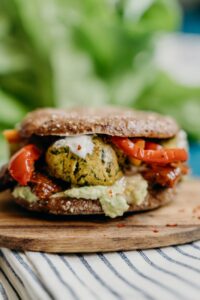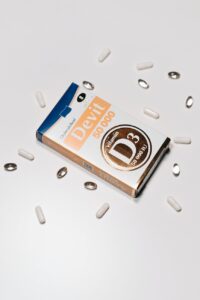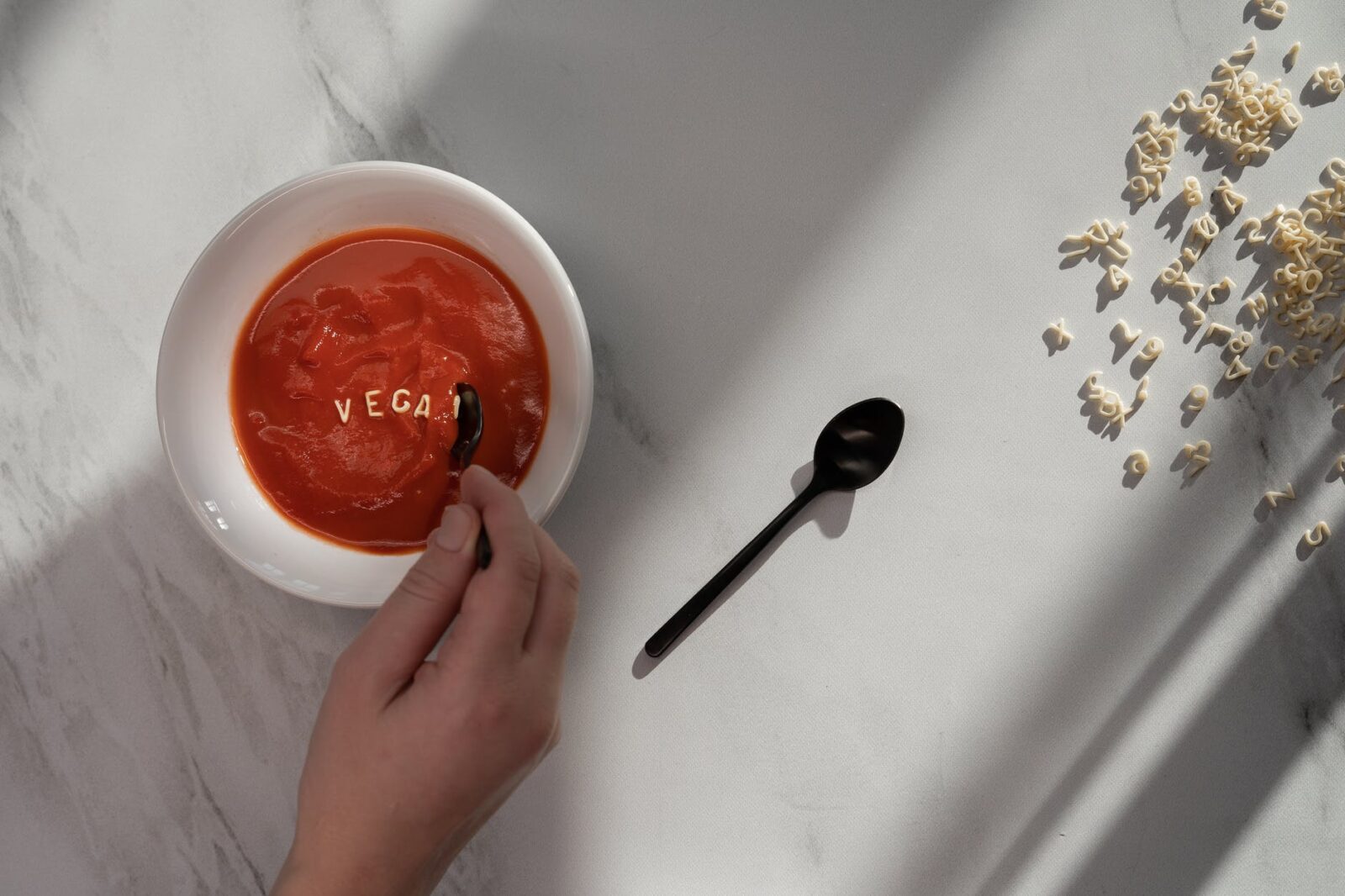A plant-based diet
Meat VS Vegan; everything about nutrients in a plant-based diet
By Vincent Kramer
You may know it; you’ve been to the gym to work on your muscles and you want to regain strength. Some people will then eat everything they can, while others eat a little more specifically and focus mainly on the proteins for muscle recovery. Anyone who is somewhat at home in the world of sports knows that proteins are good for recovering your muscles. You may also know that protein is mainly found in meat and other animal products. But can you also find protein in a vegan (plant-based) diet? And can other nutrients from meat also be found in it? Since September this year there is the disc for life, a plant-based alternative to the disc of five; a guideline to get all the nutrients you need without animal products.
Nowadays, there are many vegan alternatives to meat in the supermarket, such as lentils, beans and soy. Its nutritional values are comparable to meat. For example, vegetable food contains a lot of protein, just like meat. By the way, with protein you should not only think of the white in an egg, protein is a nutrient that ensures that your body can “build”. Almost everything you find in your body is made up of proteins. So you can probably imagine that protein is important. Vegetable protein is almost as good as animal protein for your body, just a little less complete. Protein consists of building blocks and vegetable protein does not have every stone needed to make a whole protein. Is that bad? “No” says Armanda Govers, dietician and one of the creators of the disc for life. “It is not a problem that the proteins from plants are not complete. It is only important that you get enough, then it is not a problem.”

Example of a vegan dish (source: Pexels)
Are other nutrients from meat, such as iron, also in plant foods? “You don’t have to worry about that either,” says Armanda Govers. “If you eat enough leafy vegetables such as spinach, you can actually get almost no iron deficiency. In addition, the iron from plants is healthier because it is packed in fibers and is therefore absorbed more slowly.”
The last two nutrients that many vegans are concerned with are vitamins B12 and D. B12 is a vitamin that should mainly be obtained from animal products. It is quite real that you will get a shortage of this if you only eat plant-based. It’s not that getting enough vitamin B12 from a plant-based diet is impossible, but it can be difficult. Plant-based options that are high in vitamin B12 include seaweed and algae, but the vitamin can also be obtained from a supplement. Vitamin D is also mainly found in animal products, such as fish and eggs. This vitamin is also useful to take if you only eat plant-based.

Vitamin D (source: Pexels)
“There are also nutrients that you find more in plant-based food than in animal food,” says Govers. For example, a plant-based diet is richer than a “normal” diet in magnesium, selenium, vitamin C and vitamin E. These substances do many different things in the body. They are responsible for a good resistance, proper functioning of the bones and muscles and good sleep. Furthermore, a plant-based diet contains more fiber, which contribute to good digestion and a lower risk of colon cancer.
In short; you don’t have to worry about an iron deficiency, you can easily supplement that vitamin D and B12 deficiency with a supplement and you can get those proteins for your muscles from vegetable alternatives to meat. In addition, you often get more of other nutrients through a plant-based diet than in a “normal” diet. So: try eating a plant-based diet more often and who knows, you might recover even faster from your heavy gym session.
Sources:
https://www.veganisme.org/informatie/voedingsstoffen/
https://www.voedingscentrum.nl/nl.aspx
https://www.sciencedirect.com/science/article/abs/pii/S0002822300001346

